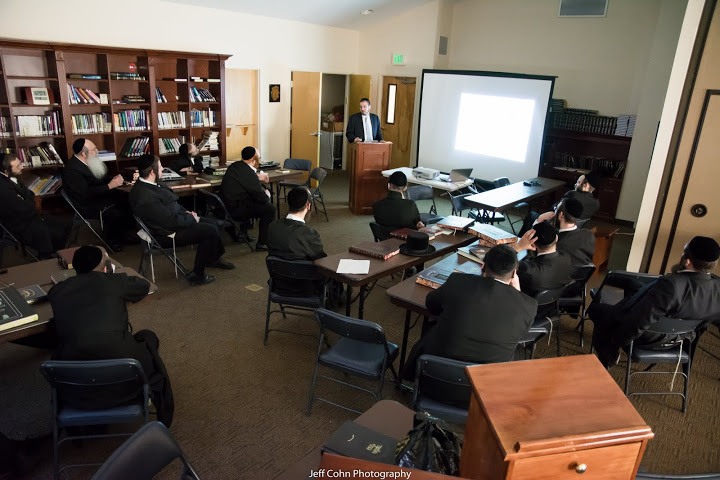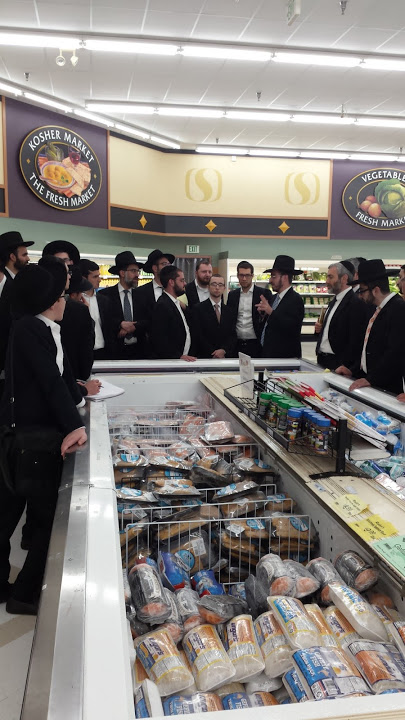Passover
Electric – Kashering a Glass, Corning, Halogen, or Ceran electric smoothtop range for Pesach use is a bit complex. To kasher the burner area, turn on the elements until they glow. The burner area is now considered kosher for Pesach. However, the remaining area that does not get hot is not kashered. The manufacturers do not suggest covering this area as one would a porcelain top, as it may cause the glass to break. Real kosherization can be accomplished by holding a blow torch over the glass until it is hot enough to singe a piece of newspaper on contact with the glass. However, this too may cause the glass to shatter and is not recommended. As the area between the burners cannot practically be kashered, it would be wise to have a trivet on the open glass area to move pots onto. In addition, it would be wise to […]








 STAR-D
STAR-D STAR-S
STAR-S